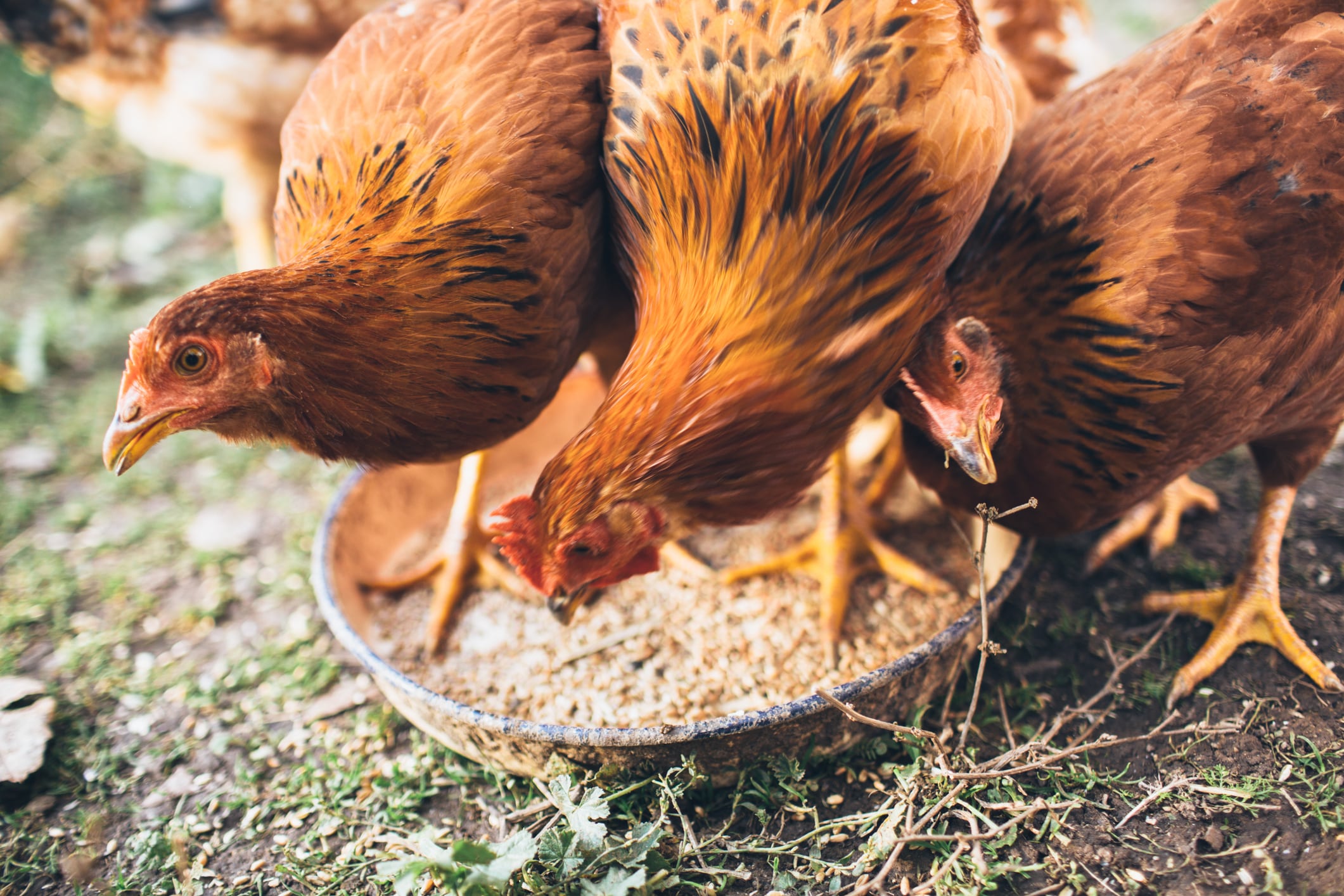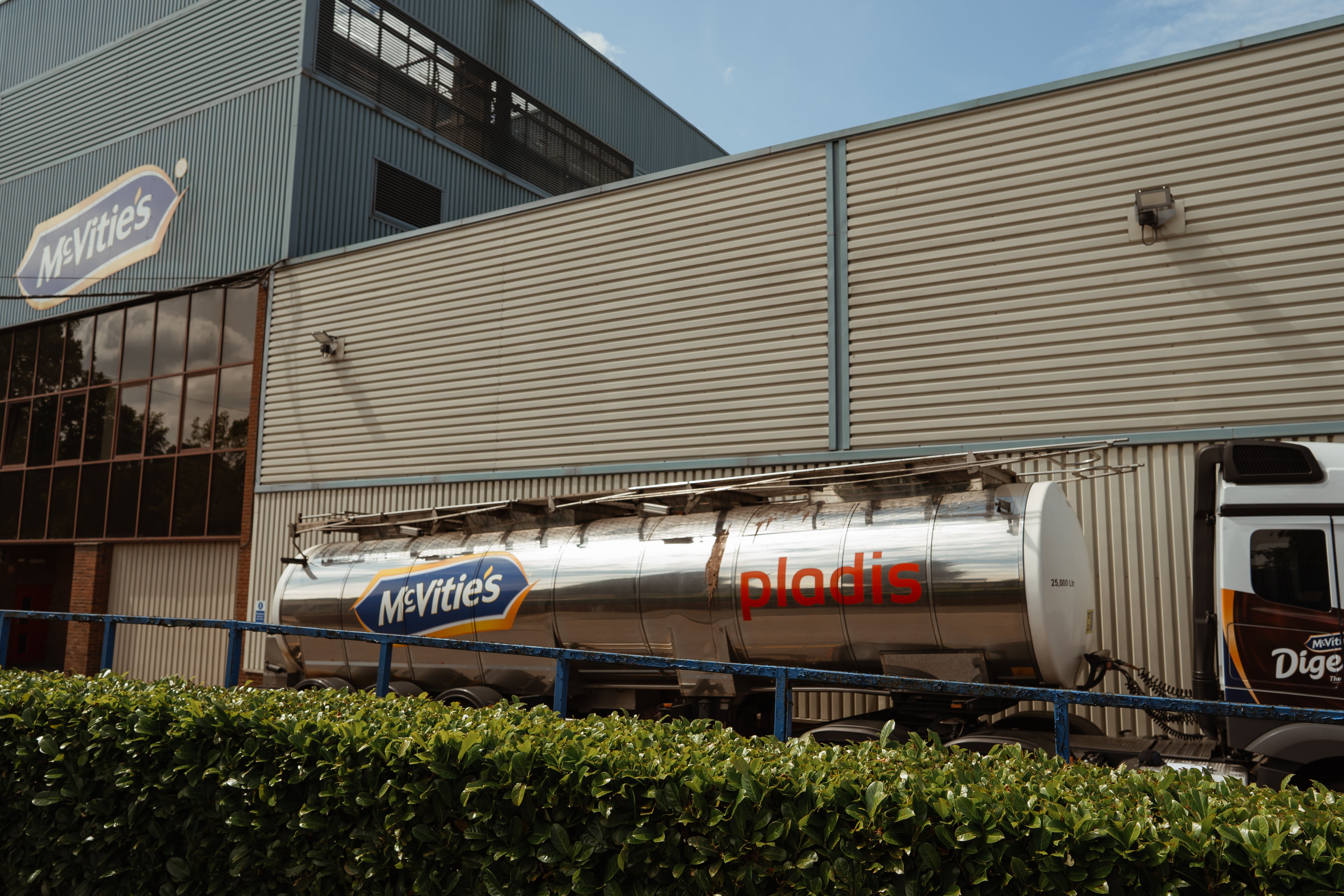The Humane League UK has sent letters to more than 1,600 chicken farmers in the UK following a judicial review which ruled that farming animals who suffer due to their genes is unlawful.
Frankenchickens are bred to grow very large, very quickly, reaching slaughter weight in just 35 days on average. This unnatural growth rate has severe welfare consequences including muscle diseases, bone deformities and burns from lying in their own waste.
The Court of Appeal ruling also said that farmers have a duty to inform themselves about the welfare problems affecting the animals they keep, including fast-growing chickens.
“Chicken farming in the UK is fundamentally broken [and] that’s why we are putting one and a half thousand UK chicken producers on notice,” said Sean Gifford, managing director at The Humane League UK.
“The Court of Appeal was crystal clear – raising animals whose genes condemn them to lives of suffering is unlawful. Frankenchickens, who struggle with lameness, organ failure and blisters from lying in their own waste, are forced to endure this suffering as a result of their very DNA. We believe this makes farming them illegal. These letters are a crucial step towards building a better future for people and animals.”
Various charities have urged food companies to commit to ending the use of fast-growing Frankenchickens by asking them to sign up to the Better Chicken Commitment, which requires signatories to meet a variety of conditions (including ending the sale of meat from Frankenchickens) by 2026.
Pieminister, Greggs, Marks and Spencer and Waitrose are among the more than 380 companies in the UK and EU to have committed to the Better Chicken Commitment. However, a Compassion in World Farming report from earlier this year revealed that progress towards the targets set has been limited for many food firms.
Edie Bowles, solicitor and managing director of Advocates for Animals, added: “The Court of Appeal made it clear that profit cannot justify the keeping of animals that suffer detriment as a result of their genes. Yet the Government has shown no signs of addressing the issue as it relates to fast growing chickens and instead continues to allow the keeping of these birds.
“Not only is it essential the government shows some leadership to ensure animals get their legal protections, but they are also exposing the farmers who keep these birds to legal risk. My client’s letters should serve as a wake up call that farmers are at risk of prosecution.”





